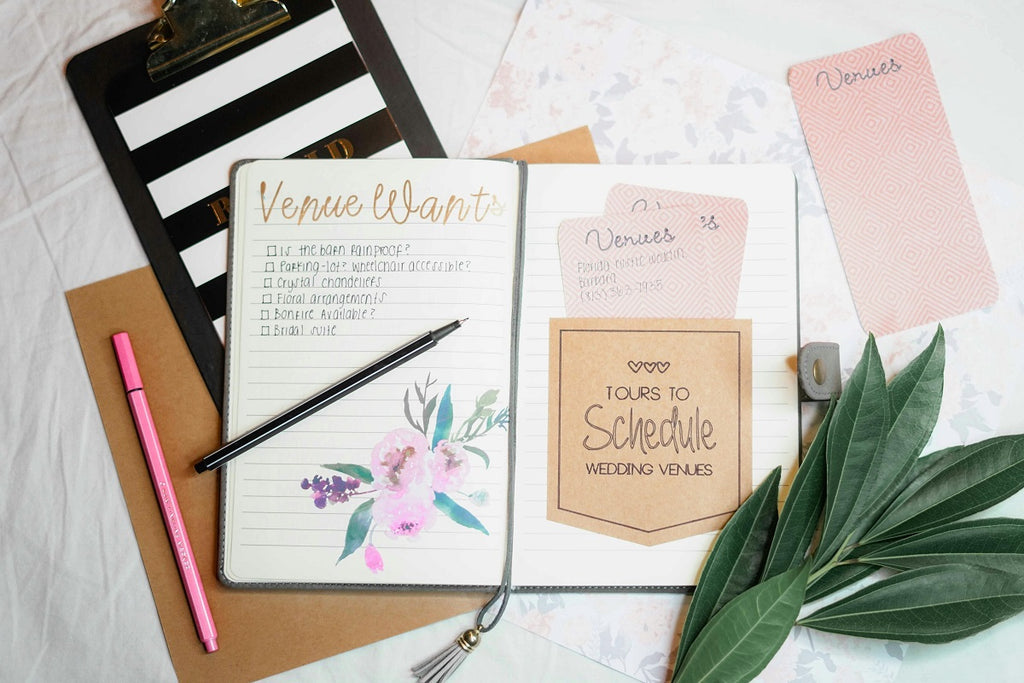Effective writing can be quite a skill, but how do you write with simplicity, clarity, and authenticity? Here are some tips on how to write well.
Do Your Research
Before you write about a subject, you must understand it. When you want to write about a topic, you can do some research using sites like Google Trends and AnswerThePublic. You don't need to spend hours on tools like these, but a few searches should help give you an idea of what and how to write about a subject.
- Your article should focus on a single topic.
- If possible, try to share a new perspective and write something not written before on the topic, however, make sure you fact check and ensure what you’re sharing is verifiable and accurate information.

Know Your Audience
It’s important to know your audience and who you’re writing for. As a strategy, an article can do multiple things - answer questions, inspire people, solve fears, sell a product, and make people laugh.
- Think about what you intend to achieve and who you want your writing to reach before writing a text.
- Don't do things just for Google; try to make things relevant for the audience first. Generally, if you have an article that people like and share, come back to it, and link to it from other blogs, you'll get better results than by forcing some SEO principles.

Attention Grab
Start with the assumption that people will not read an article in full, and instead only partially read the most critical/highlighted parts ("skimming"). Thus, say the most important things at the top of the article and use headings, images, bold and italics, and bulleted and numbered lists to help visitors quickly scan the article.
- Read about the inverted pyramid. Say the most important things first, then some additional things, and end the article with the least important things.
- Make sure to clearly articulate your points and give examples. Avoid complicated words. Easier-to-understand words can make texts more popular.
- Keep your tone of voice in the article. If you write in a specific way at the beginning of the article, keep writing the same way throughout.

Get Organized
As mentioned, you need to get the audience's attention and you can do that by organizing your article well. If you have a large document, consider adding a table of contents at the beginning, allowing quick access to each part of the document on click. See how Wikipedia does this (they have content in the sidebar).
- If you have a very long article, you can have a link "go to top" from time to time in the article or as a permanent icon in the bottom-right corner of the screen.
- Things like figures, tables, graphics, and embedded media (videos, podcasts, presentations, documents) can help if they relate to the topic.
- Not all articles need to have a call to action. But if you talk about a website, consider linking to it. If you mention an event, give a link to the event you discuss so people can see more details.

Spellcheck
A well written professional article is free of spelling and grammatical errors. Seeing mistakes can cause your audience to lose confidence and trust about the accuracy of the information that’s being shared.
- Popular platforms like Google Docs Suite and Microsoft Word offer spelling check. Websites, apps, and browser plugins like Grammarly (for English) and Language Tool (for English and other languages) also check spelling.
- Keep in mind that even if some tools use A.I., they will not detect all errors. You still need to check the text manually.

Ask for Feedback
While writing, you might get stuck and need some help tying all your thoughts together. Consider sharing your work with someone and getting a fresh perspective.
- After you write a piece of text, read it back to yourself a few times and have it reviewed by others.
- Another set of eyes is also great to check for grammatical errors and any spelling mistakes that might have been missed.

Keep Writing
When you feel good about your text, you can share it publicly on different platforms. Consider sending the link to people you think might be interested in the subject. From time to time, review your article.
- If you wrote an opinion about a certain aspect and your viewpoint has changed or new information has become available, you might post an update or follow-up.
- If it's a technical article and some things need to be updated, do so. Both visitors and Google will love this.



















 We Are Slicedbread.
We Are Slicedbread.